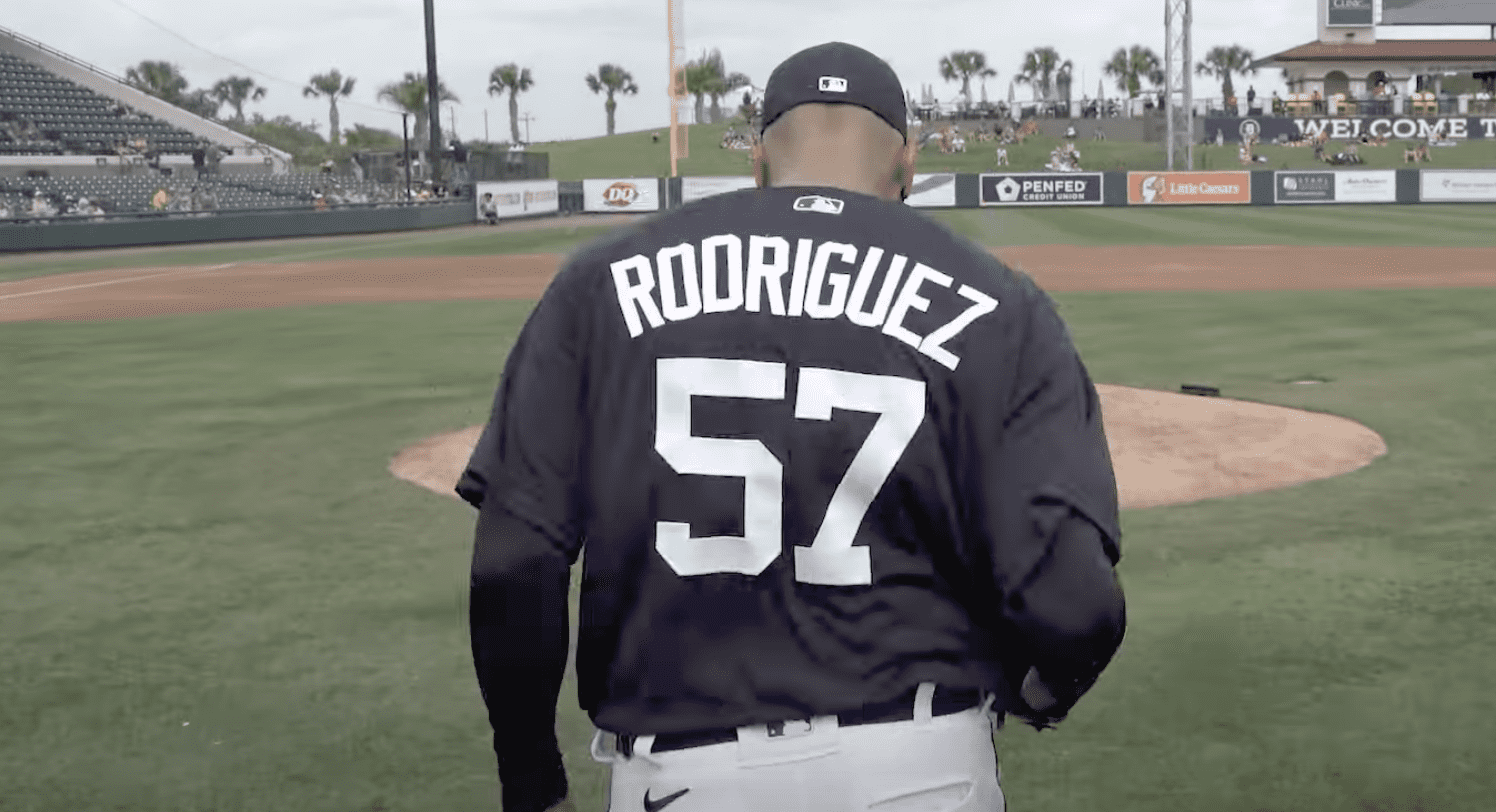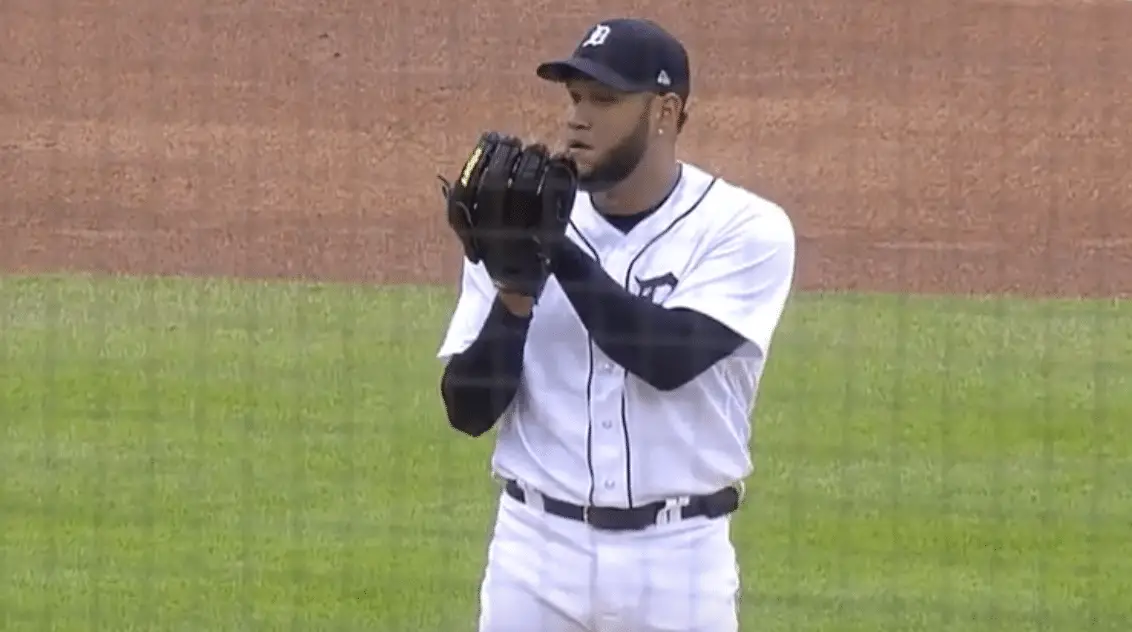Inside the Article:
We are less than two weeks away from the 2023 Major League Baseball trade deadline, and the Detroit Tigers have a couple of starting pitchers who could end up being dealt for prospects. One of those pitchers is Eduardo Rodriguez, who started off his 2023 season on an absolute tear before suffering an injury. Now, Rodriguez is back in the Tigers’ starting rotation, but he may not be for long if he is traded to the highest bidder. But according to MLB insider Jon Paul Morosi, the Tigers may have to pay some of Rodriguez’s future contract in order to trade him.

Tigers may have to get creative to get full trade value for Eduardo Rodriguez
On Wednesday, Morosi released an article in which he discusses why Rodriguez’s opt-out clause in his current contract makes his trade value difficult to assess. Here are the key points from Morosi’s article, which you can read in its entirety by clicking here.
- Rodriguez’s trade value is complicated by an opt-out clause he can activate after the 2023 World Series.
- He is currently in the second season of a five-year, $77 million contract, and if he performs well in the second half of the season, he may exercise the opt-out and seek a larger contract in free agency.
- On the other hand, if Rodriguez does not perform well, or if he gets injured, whichever team he is with will owe him $49 million over the remainder of his contract.
- This uncertainty poses a potential risk for teams interested in trading for him before the August 1 Trade Deadline.
- MLB’s collective bargaining agreement allows teams to include contingent cash considerations in a trade, dependent on whether the opt-out is exercised, which could help mitigate the risk for the acquiring team.
- However, teams cannot make players to be named later contingent on whether a player opts out.
- Compared to pitchers on straightforward, expiring contracts, Rodriguez’s situation is more nuanced due to the opt-out clause.
Key Points
- Eduardo Rodriguez’s trade value is complicated by an opt-out clause in his contract that he can activate after the 2023 World Series.
- If Rodriguez performs well in the second half of the season, he may exercise the opt-out and seek a larger contract in free agency.
- The Tigers may have to include contingent cash considerations in a trade to mitigate the risk for the acquiring team, but teams cannot make players to be named later contingent on the opt-out.

Bottom Line: A Delicate Dance
The Detroit Tigers are facing a challenging task in maximizing the trade value for Eduardo Rodriguez. While Rodriguez’s performance on the mound makes him an attractive trade candidate, his opt-out clause after the 2023 World Series adds a layer of uncertainty for potential suitors. As trade talks heat up, the Tigers will have to get creative to ensure they secure the best possible package of prospects in return. The collective bargaining agreement allows some flexibility, but it’s a tricky balancing act for the team. It’s a delicate dance, and Detroit sports fans will be anxiously watching to see how this trade deadline situation unfolds.
